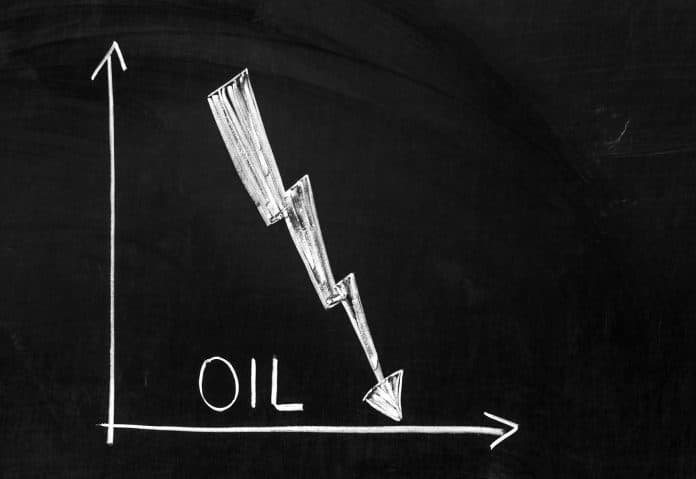In a seemingly endless session, the Railroad Commission of Texas on Tuesday, April 14 debated cutting oil output in response to falling crude oil prices and a steep decline in demand.
The discussion – conducted virtually – found the three members of the commission hearing from a long list of industry officials and just about as many different opinions. The hearing on limiting production – called proration, something the state hasn’t done since the bell-bottomed 1970s – found some oil industry leaders, such as Irving-based Pioneer Natural Resources Co., which favors proration, at odds with Houston-based Diamondback Energy Inc., which said it would halt all drilling in the state if the production caps were implemented.
Over the weekend, OPEC, Russia and other oil-producing nations finalized an unprecedented production cut of nearly 10 million barrels, or a tenth of global supply, in hopes of boosting crashing prices amid the coronavirus pandemic and a price war, officials said.
“This could be the largest reduction in production from OPEC for perhaps a decade, maybe longer,” said U.S. Energy Secretary Dan Brouillette, who credited President Donald Trump’s personal involvement in getting dueling parties to the table and helping to end a price war between Saudi Arabia and Russia.
Oil prices have collapsed as the coronavirus and the COVID-19 illness it causes have largely halted global travel and slowed down other energy-chugging sectors such as manufacturing. It has devastated the oil industry in the U.S., which now pumps more crude than any other country.
But some producers have been reluctant to ease supply. The cartel and other nations on Sunday agreed to allow Mexico to cut only 100,000 barrels a month, a sticking point for an accord initially reached Friday after a marathon video conference between 23 nations. The nations together agreed to cut 9.7 million barrels a day throughout May and June.
U.S. producers have already been reducing output. The American Petroleum Institute lauded Sunday’s global pact, saying it will help get other nations’ state-owned oil production to follow the lead of U.S. producers that are trying to adjust to plunging demand.
Brouillette said the U.S. did not make commitments of its own production cuts, but was able to show the obvious — that plunging demand because of the pandemic is expected to slash U.S. oil production.
Following that historic deal, Texas Railroad Commissioner Ryan Sitton issued a statement: “This weekend, OPEC and additional countries reached a historic agreement to pull 9.7 million barrels of oil out of the market. When you add the 1.5 million barrels that the US, Canada, and Brazil have already cut, the world’s supplies will have dropped over 11 million barrels from a week ago. The question remains, should the Texas Railroad Commission do anything?”
That question still hangs in the air.
Additional reporting by Associated Press






